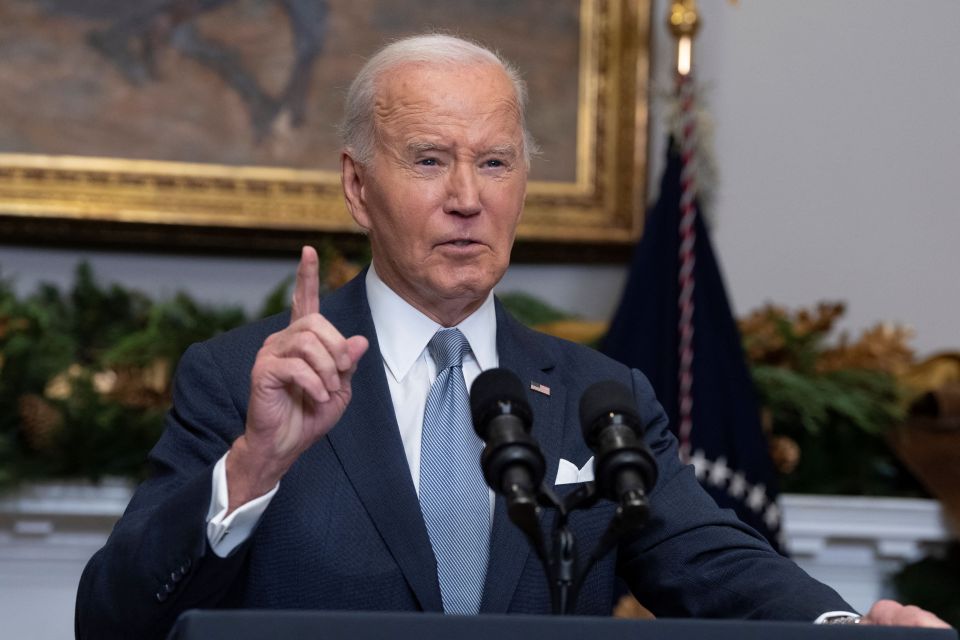Connecticut’s Healthcare Conundrum: Legislation Risks Patient Access to Medicines
This year, the Connecticut General Assembly held public hearings on some legislation measures that could jeopardize patients’ access to life-saving medications.
SB 8: An Act Concerning Drug Affordability is perhaps the most offensive of these plans, as it includes policy suggestions to establish a Prescription Drug Affordability Board (PDAB), drug imports from Canada, and a 340B mandate.
Prescription Drug Affordability Boards empower government-appointed board members to make key medical decisions on prescription drug pricing and access for Connecticut patients, without consulting medical providers or individual patient data. While this legislation may have good intentions, it nearly totally ignores individual patient needs in favor of potential governmental cost savings.
PDABs are a popular notion for states to implement right now, but there is no actual track record of success, or worse, failure, and Connecticut residents’ health and safety deserve better than simply following other states.
PDAB actions could have a severe influence on those suffering from rare or complex diseases such as cancer. The bureaucratic bodies will make price-based decisions about which drugs to allow into the state, regardless of the impacted patients’ medical knowledge.
Those familiar with the pharmaceutical industry recognize that medications do not follow a single narrow path from producer to patient, and the acquisition cost of the drug along that path does not correspond consistently with payment patterns. Treating providers frequently have to purchase the medicine themselves and bill for it only after it has been administered or delivered to the patient.
The physician or pharmacist rarely has any control on the price they are paid; they are determined by the health plan, PBM, or other management agency. Provider drug purchasing prices are also beyond their control.
Legislative proponents risk cutting off access to vital pharmaceuticals for the very patients they claim to want to aid by focusing on arbitrary price limits and restrictions on drugs that ignore the complexities of medical care, drug acquisition, and drug billing. PDAB legislation could make pharmaceuticals unaffordable for the pharmacies and physicians that provide them, causing essential access health care providers to close, and restricting patient access not only to drugs but also medical treatment.
Advisory committees do not treat patients. An advisory board has no role in medical decision-making, especially if it is entirely focused on pricing targets or arbitrary cost restrictions for medicines for vulnerable patients. Fighting cancer and other complex medical diseases is difficult enough without being informed that a state-appointed entity has made choices for non-medical reasons, resulting in the loss of your access to drugs or even specialists.
Senate Bill 8 also establishes a framework and strategy for the state to authorize drug imports from Canada. This is also a concept that many states blindly support. No one is paying attention to Canada, which has consistently stated that even if a state can build an infrastructure to obtain medications from Canada, Canada needs its drugs and will not jeopardize the health of its population by allowing widespread exports to the United States.
Health Canada has stated that it does not support activities that could hurt the supply of prescription pharmaceuticals in Canada and could increase prescription drug costs for Canadians. “Bulk importation from Canada will not provide an effective solution to the problem of high drug prices in the U.S.” That position has been communicated to both federal and state leaders in the United States.
Why would Connecticut even consider wasting valuable time and money to build the massive inspection and certification oversight required for drug importation (which provides no guarantees that the drugs will not be risky and pose safety risks to Connecticut residents) when the platform on which the entire idea is based is a non-starter in the eyes of Health Canada? Drug importation is a faulty premise, riddled with safety, quality, handling, and certification issues. Connecticut does not want to go down that path, let alone spend its time, when the supposed supply of pharmaceuticals, Canada, has no intention of authorizing such widespread importation.
In addition to these worrisome regulations, Senate Bill 8 was changed out of committee to include a provision requiring manufacturers to offer significantly lower prescription costs to all 340B contracted companies. Congress established the 340B drug discount program in 1992 to assist needy and uninsured individuals in obtaining prescription medications at safety-net facilities.
Today, only 19% of Connecticut’s 340B contract pharmacies are located in medically underserved communities. Nationally, the majority (61%) of 340B hospitals’ off-site clinics are located in separate ZIP codes from the hospital with which they are linked, and these clinics are frequently in wealthier and less diverse regions. This means that 340B companies are typically located in affluent communities rather than the impoverished communities that the program was designed to help.
By requiring manufacturers to ship pharmaceuticals at a high discount to all contracting entities, the state’s policy plan will only serve to raise prescription prices for everyone while exacerbating the program’s existing access issue. Connecticut patients with the most significant financial and medical requirements, the patients for whom 340B was designed, will continue to be left behind, and the majority will never benefit from the savings manufacturers pass on to hospitals.
While I understand Gov. Ned Lamont’s and Connecticut General Assembly members’ concerns about healthcare affordability, and that the proposed legislation is well-intended, the actual consequences of the formation and actions of any type of Prescription Drug Advisory Board (PDAB), 340B Mandate, or drug importation will most likely have the opposite effect on both patients and those who provide care to them in Connecticut.
I urge Connecticut legislators and voters to oppose any proposed legislation that includes wording authorizing drug importation, a 340B mandate, or a PDAB, including SB 8: An Act Concerning Drug Affordability.











